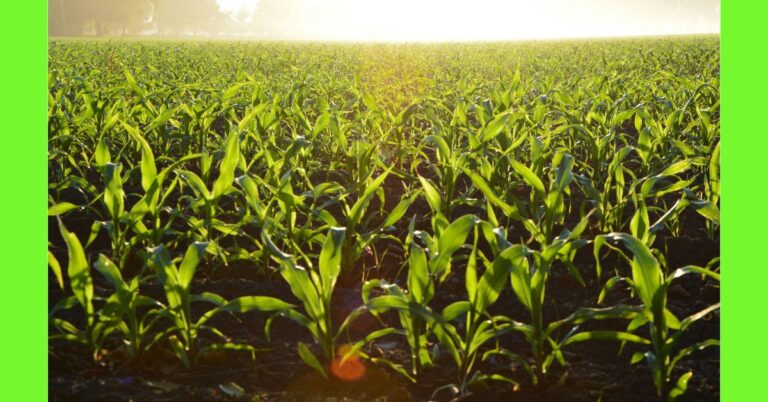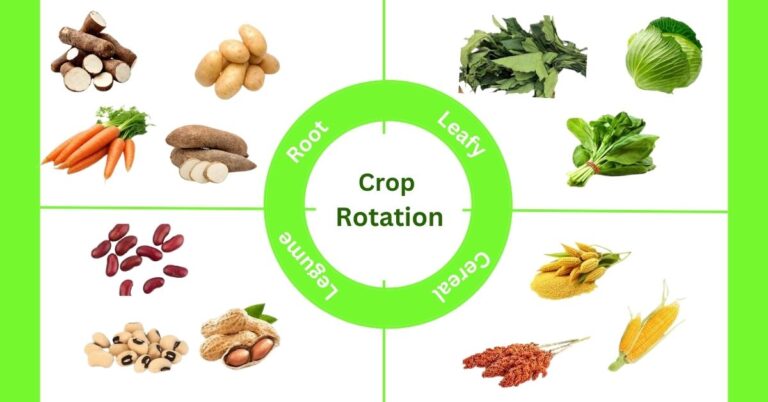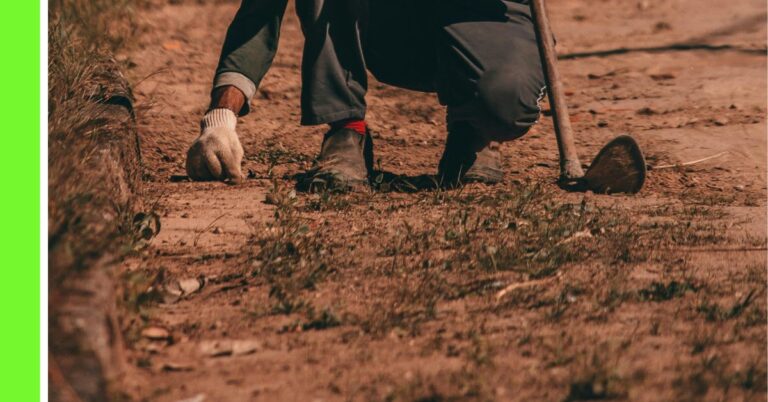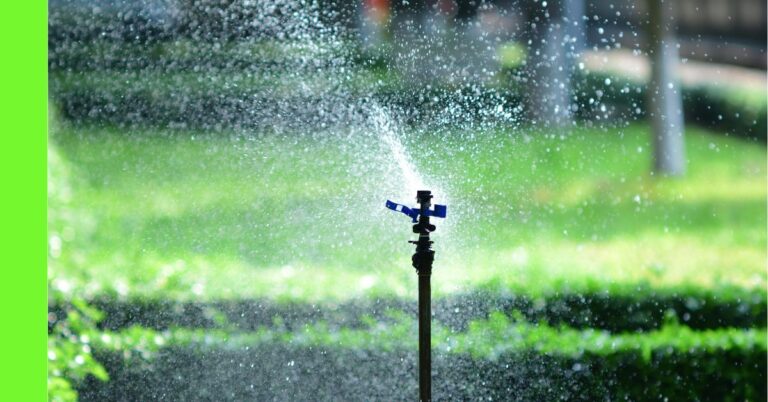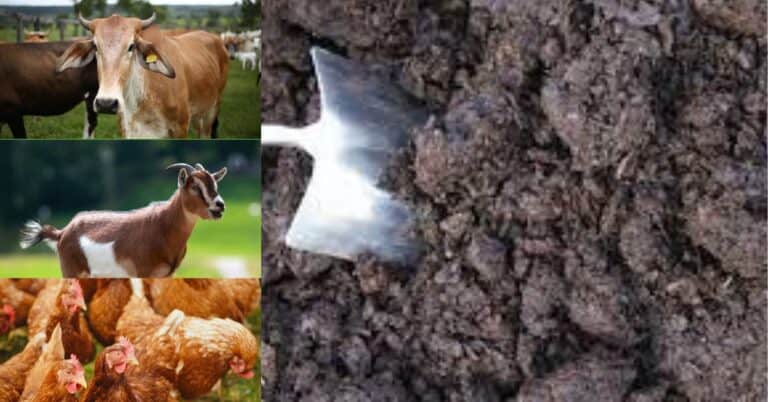Optional Garden Equipment for Specialized Tasks
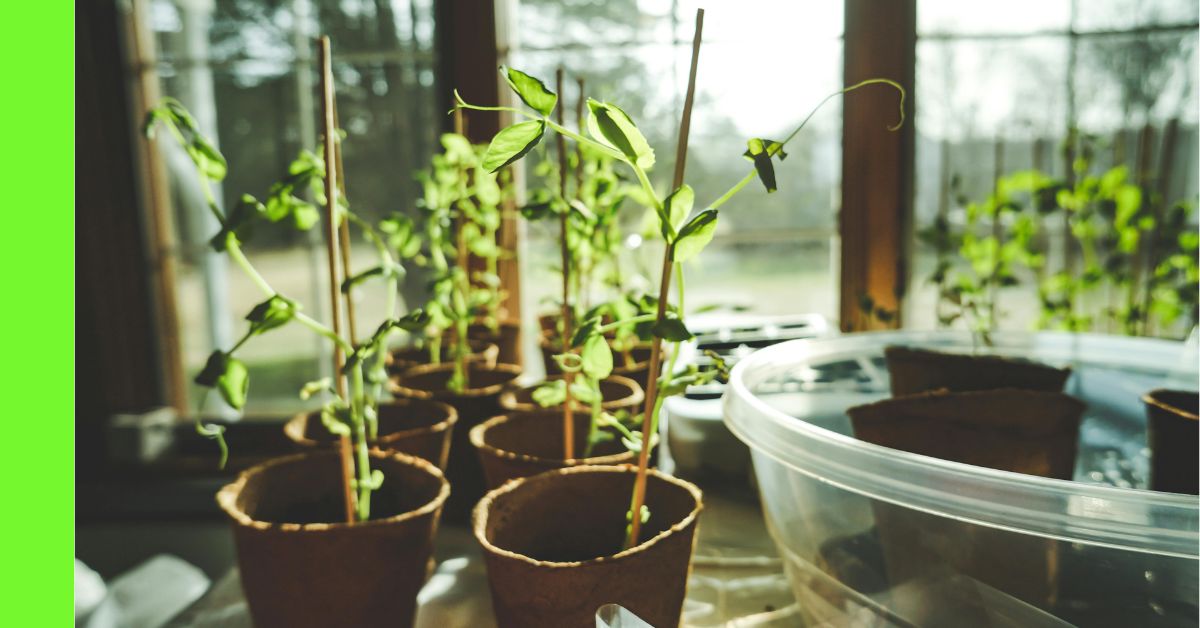
Gardening, whether in a backyard, compound, rooftop, or small-scale farm, often begins with basic garden tools such as a hoe, cutlass, watering can, and rake.
However, as the gardener’s needs expand, or as the complexity of gardening tasks increases due to the variety of crops or climatic challenges, specialised tools become incredibly useful.
This article explores optional gardening tools that are beneficial.
From Lagos to Jos, Calabar to Kano, these specialised tools can help Nigerian gardeners boost productivity, protect crops from harsh weather and pests, and improve soil health.
Why Use These Tools?
Specialised garden equipment becomes essential when gardeners face specific issues like:
- Unpredictable rainfall patterns.
- Poor soil fertility in some areas.
- Pest outbreaks.
- The need to grow more in limited urban spaces.
- Labour shortages or physical fatigue in hot weather.
While not mandatory, these tools help gardeners work smarter, not harder.
For urban farmers, market gardeners, or even those tending to kitchen gardens, investing in a few specialised tools can make gardening easier, safer, and more productive.
1. Soil Testing Kits
Soil fertility varies greatly across Nigeria.
For example, the loamy soil in Benue differs from the sandy terrain of Lagos or the clay-heavy soils in parts of the East.
A soil testing kit helps determine ph and nutrient content before planting.
Use Case:
- Detecting acidic soils in the South-South or Southeast.
- Understanding low nitrogen levels in the North.
- Knowing what fertiliser is needed for maize, okra, or tomatoes.
Benefits:
- Avoid over-fertilisation.
- Maximise crop yield.
- Save money on unnecessary amendments.
Simple colour-coded kits or digital meters are available in agricultural input shops or online platforms like Floratalk Hub.
2. Garden Sieves and Soil Screens
In areas with gravelly or debris-filled soil, especially urban plots or reclaimed land, sieves help prepare clean, fine soil for nursery trays and pots.
Applications:
- Preparing potting mix for pepper or tomato seedlings.
- Sifting sand for potted ornamental plants.
- Mixing soil and poultry manure.
Using sieves improves germination rates and promotes healthy seedling development.
3. Dibbers and Bulb Planters
Although less common, tools like dibbers help plant yam minisett, garlic, or even hybrid onions.
Practical Uses:
- Planting uniform holes for seeds in raised beds or sacks.
- Reducing planting time during the short wet season.
Bulb planters are also useful for flower gardeners planting ornamental bulbs in Abuja or Jos, where cooler climates support diverse flora.
4. Hori-Hori Knives
This Japanese-inspired all-purpose tool is great for gardeners managing tough soils or digging through red earth in Enugu or Ondo.
Nigerian Utility:
- Cutting through tangled roots in bush clearing.
- Digging up cassava or yams without damaging the tubers.
- Transplanting stubborn perennials like aloe vera.
It combines the function of a knife and a trowel, especially handy during dry-season gardening when the soil is hard.
5. Long-Handled Weeders
With strong sun and occasional back-breaking weeding tasks, long-handled weeders are ideal for reducing physical stress.
Why They Matter:
- Useful during harmattan when the soil is dry and compacted.
- Helpful for elderly gardeners or those with back problems.
- Effective in weed control without using herbicides.
Especially suitable for organic farmers who aim to minimise chemical use.
6. Garden Rollers
Garden rollers help level uneven plots, common in peri-urban areas or newly tilled land in the suburbs.
Key Uses:
- Flattening seedbeds for maize or beans.
- Compacting soil after transplanting cabbage or lettuce.
- Improving contact between seeds and soil.
Rollers can be improvised using water drums or fabricated metal rollers made by local welders.
7. Compost Tumblers and Aerators
Composting is essential where synthetic fertilisers can be expensive or unavailable. Tools like compost tumblers speed up the process, especially in high-rainfall regions.
Relevance:
- Creating compost from kitchen waste in cities like Lagos or Port Harcourt.
- Reducing household waste.
- Managing poultry droppings and plant waste on small farms.
Aerators can be fashioned from metal rods to stir compost heaps and promote airflow.
8. Electric or Battery-Powered Pruners
Fruit farmers growing guava, pawpaw, citrus, or mango can benefit from electric pruners.
Benefits:
- Less effort compared to manual secateurs.
- Faster pruning during the harmattan when dry branches accumulate.
- Easier harvest of citrus or grapes in vineyard-style orchards.
Some models run on rechargeable batteries and are suitable for semi-commercial farms.
9. Garden Hoops and Tunnel Frames
These are used to construct protective tunnels for vegetable crops during extreme rainfall or pest attacks, especially in the rainy season.
Context:
- Protecting pepper, ugu, and amaranth (green) from heavy downpours.
- Creating microclimates.
- Reducing pest attacks on cabbage or cucumber.
Tunnels can be constructed using bent PVC pipes and transparent polythene sheets available in agro-shops.
10. Irrigation Timers and Drip Systems
In areas where dry season farming is popular, irrigation systems are essential.
Key Benefits:
- Water conservation in drought-prone areas.
- Precise watering for tomatoes, okra, and leafy vegetables.
- Time-saving for farmers with multiple plots.
Battery-operated timers connected to tanks or borehole systems make it possible to irrigate gardens in your absence.
11. Grafting Tools
Advanced gardeners are increasingly exploring grafting for fruit trees like mango, citrus, or cashew.
Uses:
- Combining disease-resistant rootstock with high-yielding scions.
- Reviving damaged or old trees.
- Producing hybrid guava or apple varieties suited to Nigeria’s climate.
Grafting knives and clips can now be sourced through local agro suppliers or online gardening platforms.
12. Multi-Functional Garden Carts
These are ideal for gardeners or smallholders moving heavy materials like manure, sand, or harvested produce across plots.
Nigerian Utility:
- Hauling chicken manure from backyard coops.
- Carrying harvested maize or vegetables.
- Moving water containers in off-grid gardens.
In rural areas, wooden carts or barrows may be more accessible, while urban gardeners may prefer compact plastic versions.
13. Plant Supports and Training Frames
Given limited space in urban centres like Lagos, Ibadan, or Enugu, vertical gardening is becoming popular.
Best Crops for Support:
- Fluted pumpkin (ugu) is grown on fences or bamboo trellises.
- Tomatoes, climbing beans, and cucumbers.
Supporting plants helps improve air circulation and prevents rotting during heavy rains.
14. Heated Propagation Mats
In tropical zones, propagation mats are helpful during harmattan or in highland areas with cool nights.
Nigerian Benefits:
- Accelerating the germination of tomato, pepper, or eggplant seeds in Plateau or Taraba.
- Supporting greenhouse nurseries.
- Boosting early crop cycles for market gardeners.
While not yet common, some farmers use simple heated beds powered by biogas or electricity.
15. Pest Monitoring and Control Tools
Integrated pest management is gaining traction in Nigeria. Tools like sticky traps or pheromone lures are helping reduce pesticide reliance.
Common Applications:
- Monitoring whiteflies in tomatoes.
- Trapping armyworms or grasshoppers in maize fields.
- Shielding leafy greens with insect nets.
These tools are especially useful in organic farms and school gardens.
16. Vertical Garden Systems
Vertical planters are ideal for space-starved urban environments or balcony gardening in cities.
Best for:
- Growing herbs like scent leaf (Nchawu).
- Lettuce, spinach, or strawberry in Jos.
- Beautifying compound walls or balconies.
Some gardeners use recycled plastic bottles or stackable buckets to create custom vertical systems.
17. Rainwater Harvesting Barrels
With erratic rainfall and water scarcity in many areas, especially during the dry season, rainwater harvesting is essential.
Use Cases:
- Storing rainwater for use during dry spells.
- Supplementing the borehole or well supply.
- Reducing water costs for home gardens.
Plastic drums with tap fittings can be set up under roof gutters with mosquito-proof mesh for safe collection.
Conclusion
Specialised gardening equipment offers gardeners a way to enhance efficiency, reduce physical stress, and get better results from their efforts.
Whether you’re managing a backyard kitchen garden, a vegetable farm, or a rooftop nursery, these tools can make gardening more rewarding.
As the urban population grows and interest in home gardening and food security increases, adopting some of these specialised tools can help maximise productivity even in small spaces.
Hope this article was helpful.


